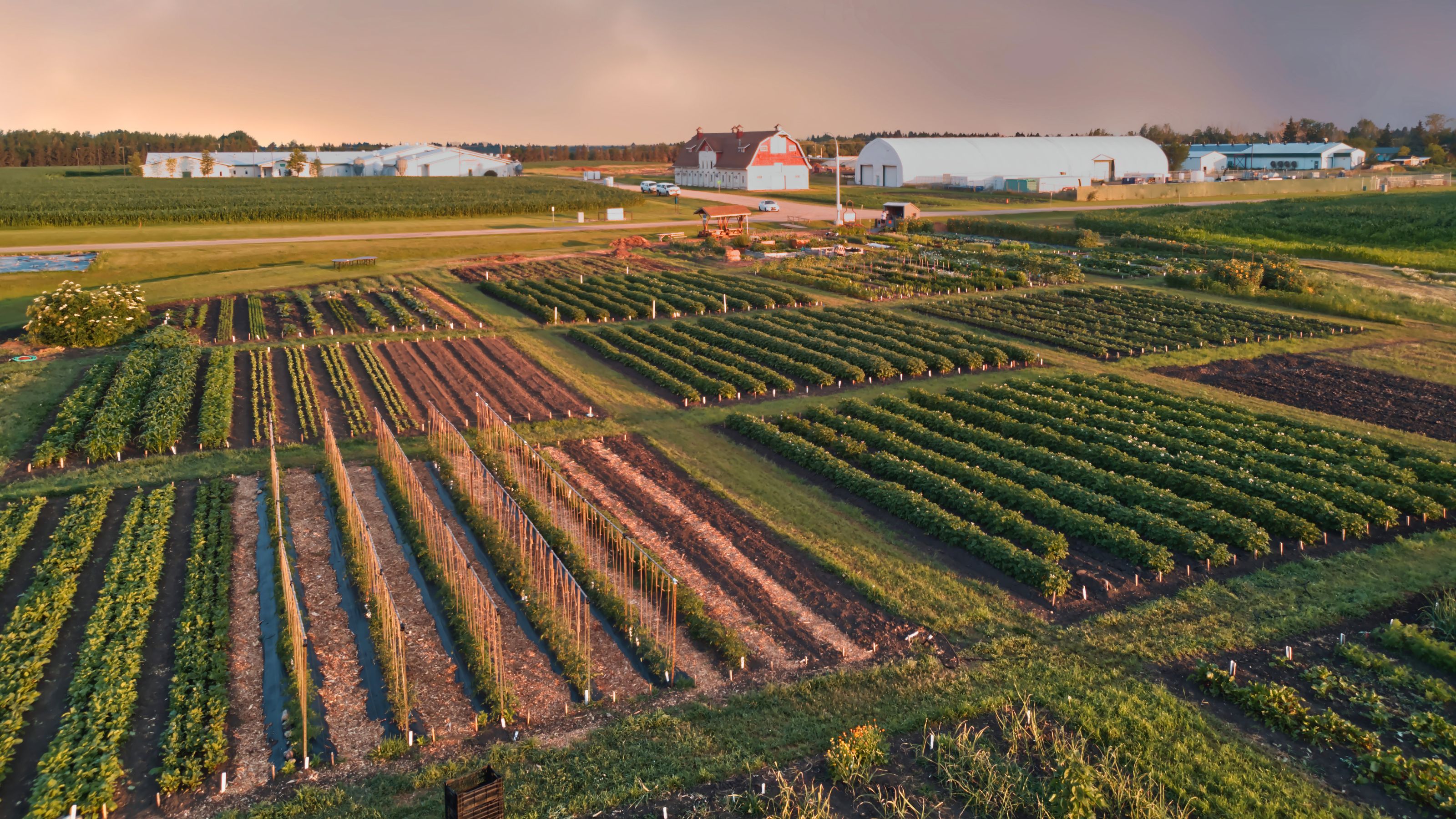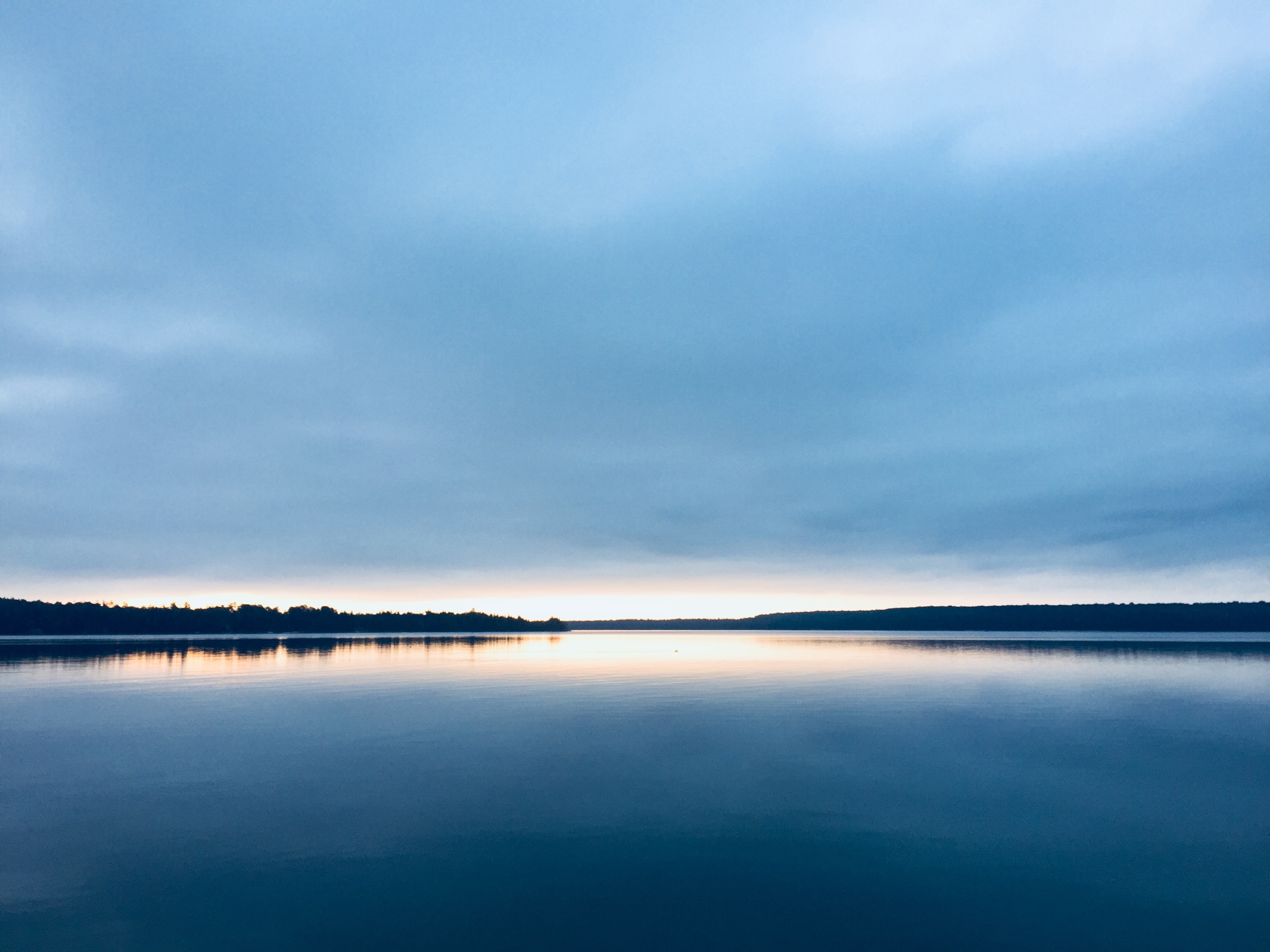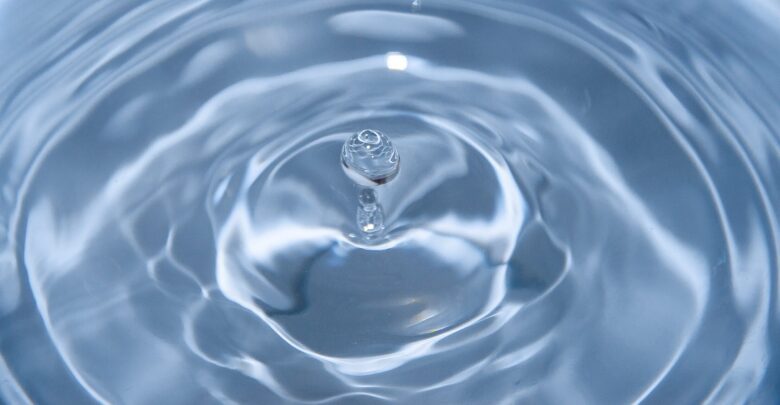highlight
research impact
For the period 2018-2022
№ relevant publications: 1,419
№ times cited: 25,430
Source: InCites
sample Courses
- ENV E 421 - Municipal Systems
- ENV E 440 - Facility Design
- EXERM 4291 - Applied Hydrogeology in Alberta
- CIV E 321 - Principles of Environmental Modeling and Risk
- CIV E 331 - Applied Hydraulics
- CIV E 431 - Water Resources Engineering
Videos
NEWS
Institutional Stewardship Initiatives
CONSERVE
New sustainable on-farm solutions are needed so that agricultural producers can conserve groundwater through the safe use of nontraditional irrigation water sources. CONSERVE (COordinating Nontraditional Sustainable watER use in Variable climatEs) is facilitating the adoption of solutions to reduce agricultural water challenges exacerbated by climate change.
Water management plan
The University of Alberta’s Watego Water Management Plan is one of several Major Projects that are designed to reduce the University of Alberta's environmental impact. The management plan provides a university-wide water stewardship framework that sets a way forward for water use reductions, infrastructure upgrades in washrooms and labs, behaviour change campaigns and pilots of innovative technologies.
Research institutes, centres & projects
Advanced Water Research Lab
The Advanced Water Research Lab is developing high-performance membrane materials, processes and characterization methods of water recycling and reuse, particularly in the in situ oil sands extraction industry. The research programs in AWRL contribute to the science of polymer and nanocomposite materials in various applications, including desalination and wastewater treatment, energy and pharmaceutical.
Watershed Science and Modeling Laboratory
The Watershed Science and Modelling Laboratory, led by Dr. Monireh Faramarzi, involves development and application of environmental models to study fundamental and applied aspects of water quantity and quality. The end goal of these models is to understand the interactions between water, earth, ecosystems and humans. The multi-disciplinary nature of our research enables a broadening of the hydrologic perspective and the advancement of hydrologic science through integration with other scientific disciplines





